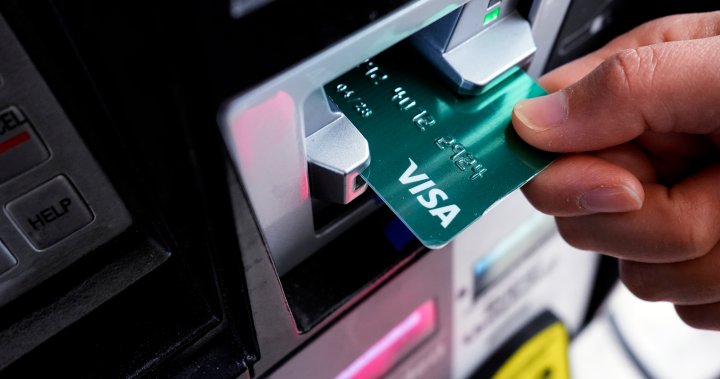- cross-posted to:
- personalfinancecanada
- cross-posted to:
- personalfinancecanada
Open banking works by giving consumers the option to share their banking data with other firms. The most common use is granting access to budgeting or money management apps and companies, so that a customer can pool different bank accounts and credit cards into one place.
Ah yes, finally what we’ve been missing in our financial system! 🤭



Agreed, peering behind the veil of any organization will probably result in a loss of confidence. And to be fair, I do have concerns about this ultimately being 100% private and secure, but I’m mindful that perfection shouldnt be the enemy of progress. I have confidence that there is a relatively safe way to implement this. We’re not the first in the world to do it, and thankfully we can look to other jurisdictions to see where the risks are.
They’ll undoubtedly speak with banks when the legislation passes and regulations are being drafted, and a part of me hopes that the big dinosaur institutions we have realize deep down that they need to enter the modern world.
Banks are competition in the sense that they have competing interests, but not in the sense that are offering a comparable product. If my bank was actually interested in building an app that would help me wrangle and take control of my spending habits, they would have already built it with a couple devs like all these other apps popping up.